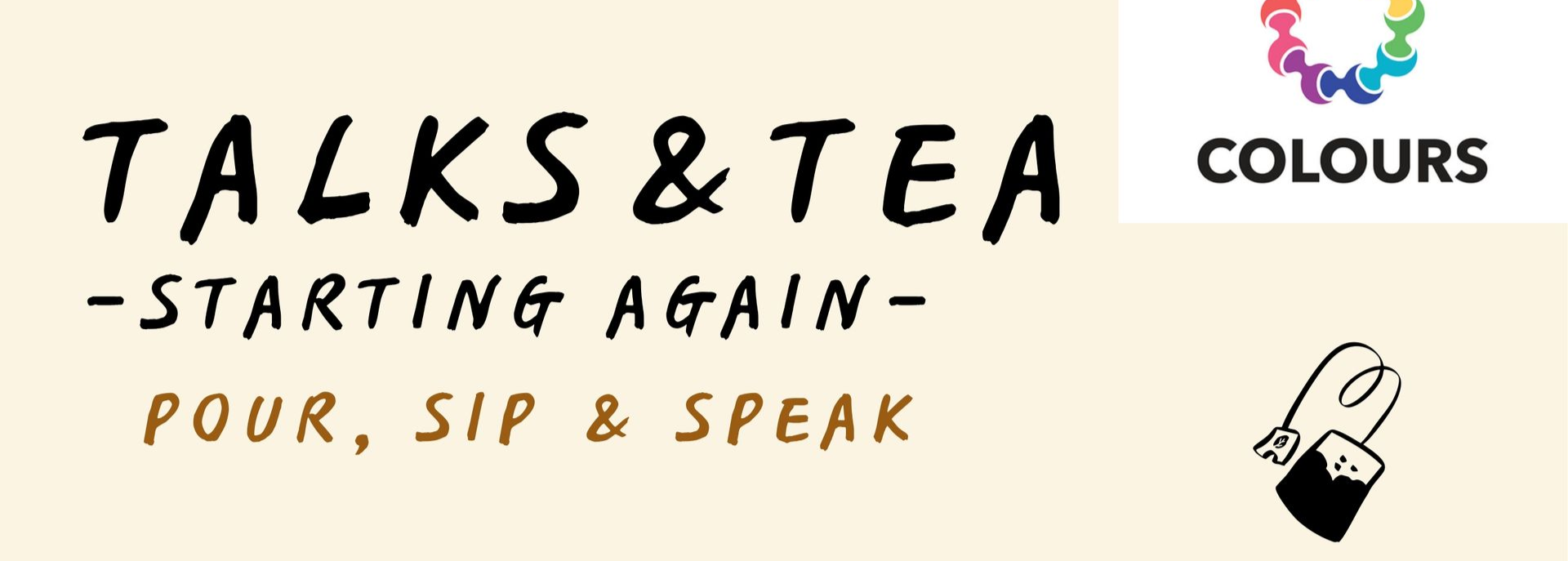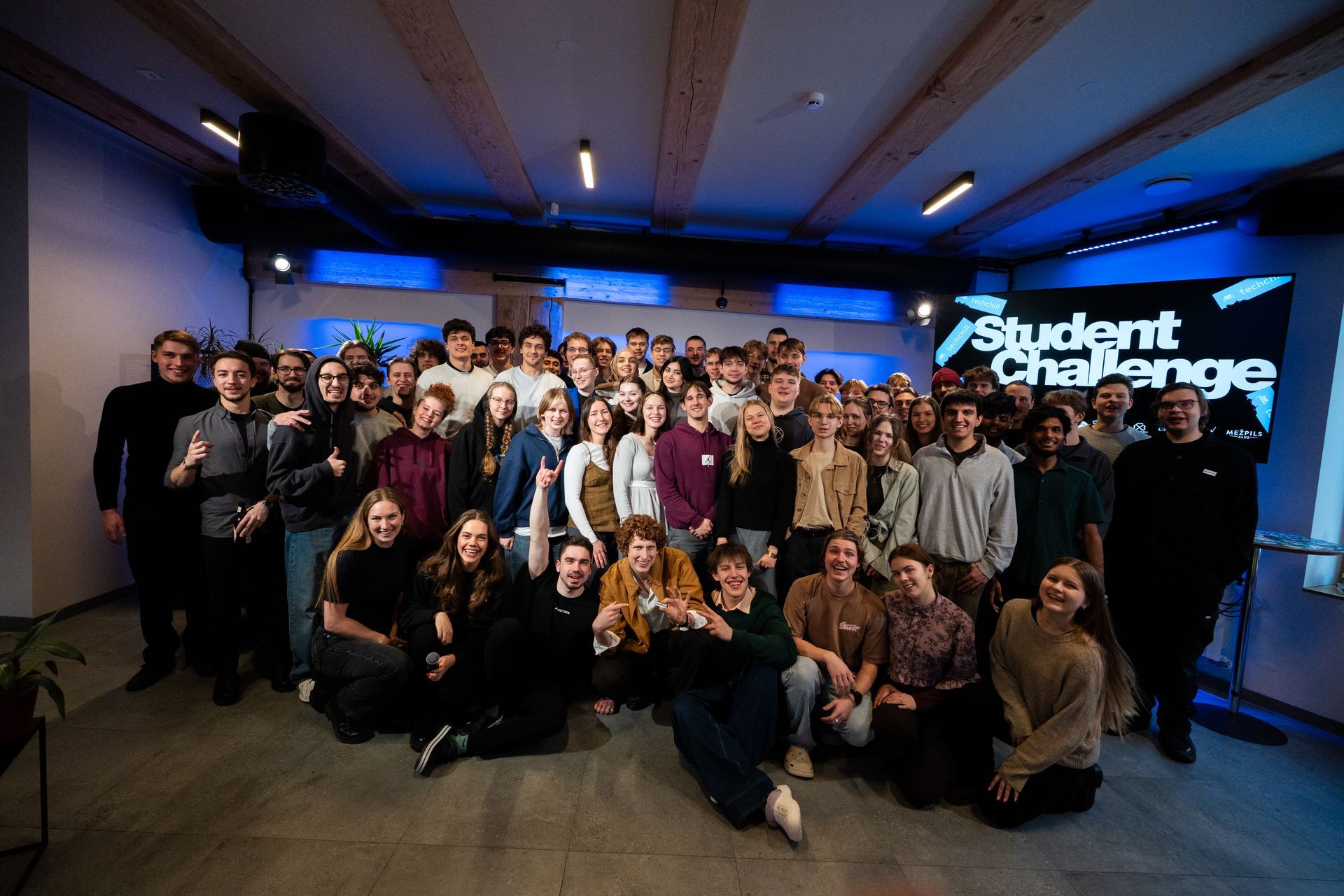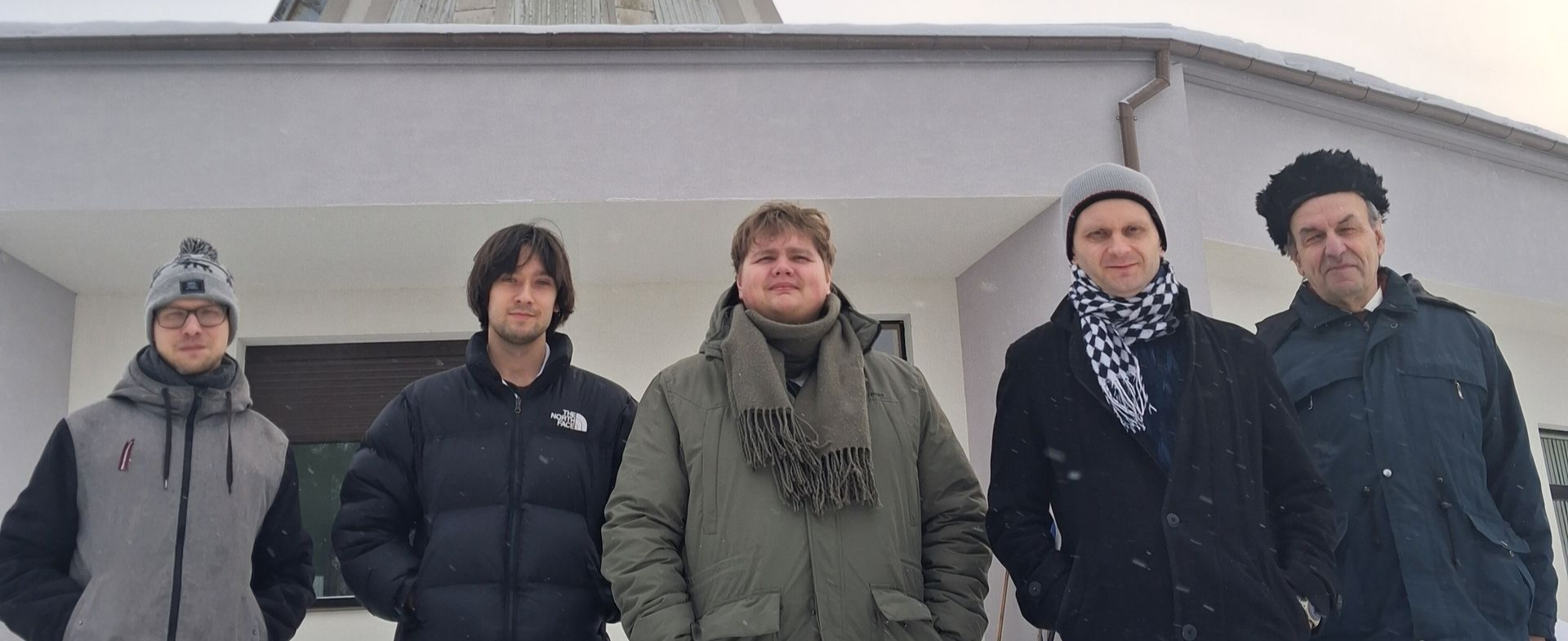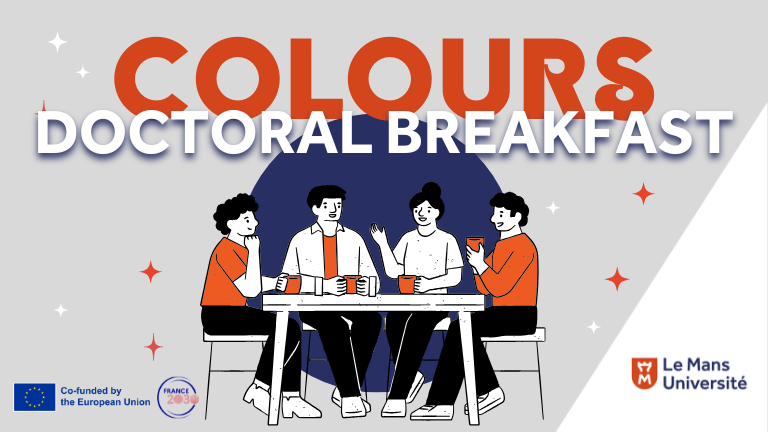Approved fundamental and applied research project proposals at Ventspils University of Applied Sciences

The project proposals prepared by the Engineering Research Institute "Ventspils International Radio Astronomy Center" (ERI VIRAC) of Ventspils University of Applied Sciences for the Latvian Science Council (LZP) grant competition, project No. lzp-2022/1-0083 "A single-baseline radio interferometer in a new age of transient astrophysics" and project No. lzp-2022/1-0017 "Multi-Wavelength Study of Quasi-Periodic Pulsations in Solar and Stellar Flares," were highly evaluated and financially supported by the LZP's decisions on December 20, 2022.
Both projects are being implemented by the Engineering Research Institute "Ventspils International Radio Astronomy Center" (ERI VIRAC) of Ventspils University of Applied Sciences.
Project No. lzp-2022/1-0083 "A single-baseline radio interferometer in a new age of transient astrophysics" is intended as a fundamental research study aimed at creating the Irbene single-baseline radio interferometer (ISBI), which will be capable of detecting radio emission fluctuations related to high-mass star formation regions. The developed ISBI will be used to observe the continuum emission of high-mass protostars and maser emission lines. The obtained results will help choose between currently untested and competing theoretical scenarios proposed to explain the recently discovered variability of radio radiation observed in high-mass star formation regions.
During the implementation of the project, it is planned to deepen the understanding of the eruption formation process, which is believed to follow flares during which high-mass stars accumulate mass. High-cadence observations using the Irbene interferometric system will be organized to study these processes.
The project includes the following tasks:
- Expand the existing capabilities of the Ventspils radio observatory by using two radio telescopes (32m and 16m in diameter) in a unified system as an interferometer.
- Improve and automate the planning of astronomical observations and processes related to the acquisition and analysis of astronomical data.
- Create a list of approximately 30 high-mass protostars whose radio signal emissions will be simultaneously monitored at 6.7 GHz methanol maser lines and radio C bands.
- Interpret astronomical data by studying the processes of high-mass star formation and development, thereby understanding the formation of massive stars.
- Organize public lectures and informative events, and publish the achieved results in scientific conferences and leading astronomy journals.
The results obtained during the project implementation will provide answers to unanswered questions about the processes of high-mass star formation. Additionally, the project team aims to deepen the understanding of the eruption formation process, which is believed to follow flares during which high-mass stars accumulate mass. High-cadence observations using the Irbene interferometric system will be organized to study these processes. Such observations require a combination of effective and specific functional technologies, which are not easy to develop nowadays. The unique advantages of the Irbene interferometer provide an opportunity to research short-term variable astrophysical processes.
The project activities are planned to be implemented from January 1, 2023, to December 31, 2025. The total project funding is 300,000.00 euros, and the scientific leader of the project is Ross Alexander Burns, a leading guest researcher at the Engineering Research Institute "Ventspils International Radio Astronomy Center" of Ventspils University of Applied Sciences.
Project No. lzp-2022/1-0017 "Multi-Wavelength Study of Quasi-Periodic Pulsations in Solar and Stellar Flares" is intended as a fundamental research study with the main goals of:
- Using VSRC instruments to establish a reliable and systematic observation system for solar flares and stellar super-flares;
- Discovering similarities and differences between the radio emission mechanisms of solar and stellar flares and their quasi-periodic pulsation characteristics;
- Laying the groundwork for future research in collaboration with radio observatories worldwide.
The research program of the project focuses on the extensive study of the quasi-periodic pulsation (QPP) phenomenon (as an indicator of plasma oscillation dynamics) in solar flares and stellar super-flares. Multi-frequency radio astronomical observations are planned in collaboration with colleagues from the University of Warwick (United Kingdom), using the Ventspils International Radio Astronomy Center (VIRAC) complex in Irbene. The research will focus not only on solar flares but also on widely distributed and actively flaring red dwarf stars. QPP detection and analysis in light curves will be performed by combining traditional and innovative data analysis methods, such as wavelet and empirical mode decomposition analysis. Participants from the United Kingdom, with extensive experience in coronal process research, will provide process modeling and lead data analysis.
The project includes the following tasks:
- Establish a single-baseline interferometer (using both Irbene radio telescopes RT-16 and RT-32) to conduct a research program on solar and stellar flare observations in the radio frequency band.
- Create and optimize a set of data analysis tools to describe flare light curves and spectra, and to detect QPP events.
- Discover similarities and differences between solar and stellar flares in their QPP characteristics, and create a comprehensive statistical overview of flares.
- Present scientific results by publishing them in prestigious, peer-reviewed scientific journals, giving presentations at international and local conferences, holding an annual international seminar on the project topic, participating in public lectures, and preparing a popular science article.
- Conduct educational work with school students and university students at the VIZIUM Science and Innovation Center (in Ventspils, Latvia).
The expected results during the project implementation will enable VIRAC to establish a unique research cluster capable of conducting world-class solar flare and stellar super-flare observations and data analysis, complementing the capabilities of the world's leading solar research institutes. A particularly interesting and notable phenomenon characteristic of both solar and stellar flares is QPP in the radio frequency bands, which will be used to identify similarities and differences between solar flares and stellar super-flares, as well as their physical mechanisms.
The project activities are planned to be implemented from January 1, 2023, to December 31, 2025. The total project funding is 300,000.00 euros, and the scientific leader of the project is Valeri Nakariakov, a leading guest researcher at the Engineering Research Institute "Ventspils International Radio Astronomy Center" of Ventspils University of Applied Sciences.
Share on other platforms
Other news







